Question And Answer
Publications
Articles, publications, books, tools and multimedia features from the U.S. Institute of Peace provide the latest news, analysis, research findings, practitioner guides and reports, all related to the conflict zones and issues that are at the center of the Institute’s work to prevent and reduce violent conflict.
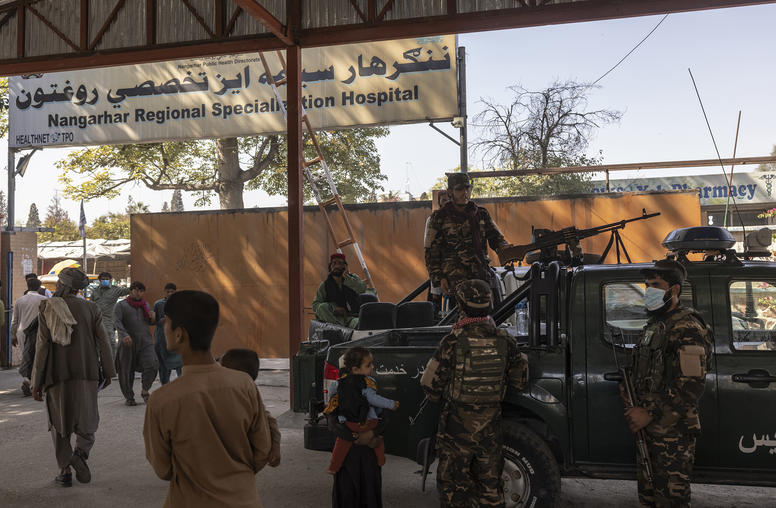
Aiding Afghan Local Governance: What Went Wrong?
After 20 years of an ambitious, costly international state-building effort, the government of Afghanistan collapsed in the summer of 2021 in a matter of weeks. The Afghan security forces’ remarkably rapid defeat earned significant attention, but the Taliban victory over the internationally backed Afghan republic stemmed equally from deep-seated political and governance factors. Across all the facets of the Western state-building endeavor in Afghanistan, there is now an enormous need to assess how the international project fell so far short of its aims.
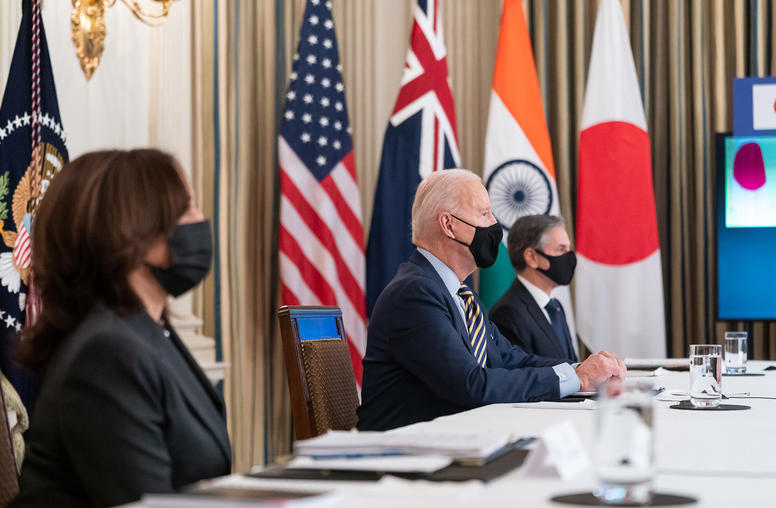
Addressing the ‘Global Challenge’ Posed by China
The United States must ensure that its focus on the Indo-Pacific region does not come at the cost of its interests in other parts of the world where China also poses a challenge, according to U.S. National Security Council Coordinator for the Indo-Pacific Kurt Campbell.
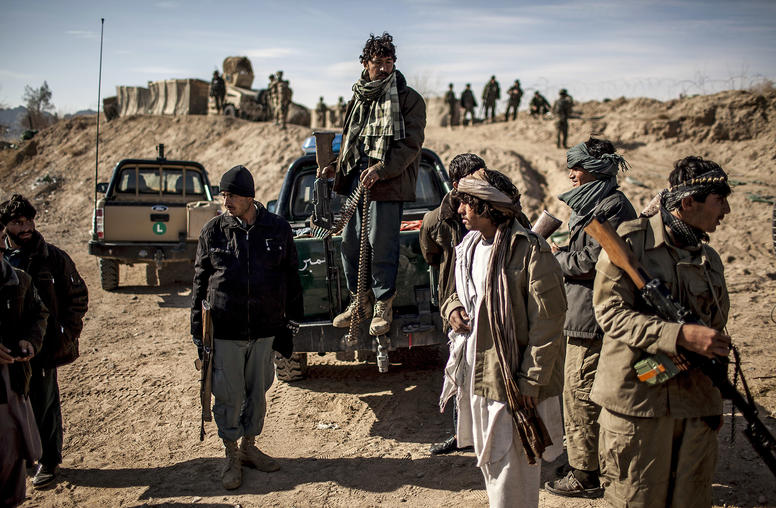
What Afghanistan Teaches Us About Evidence-Based Policy
Even as the debate over the lessons learned by the U.S. government in Afghanistan continues, several clear conclusions have emerged. One is that U.S. agencies repeatedly underestimated the time and resources needed to support a nation wracked by decades of war, while they failed to follow a consistent plan for civilian recovery efforts. U.S. personnel also lacked the training needed to be successful in the field, and monitoring and evaluation efforts did not receive the policy attention required to enable course corrections and learning.
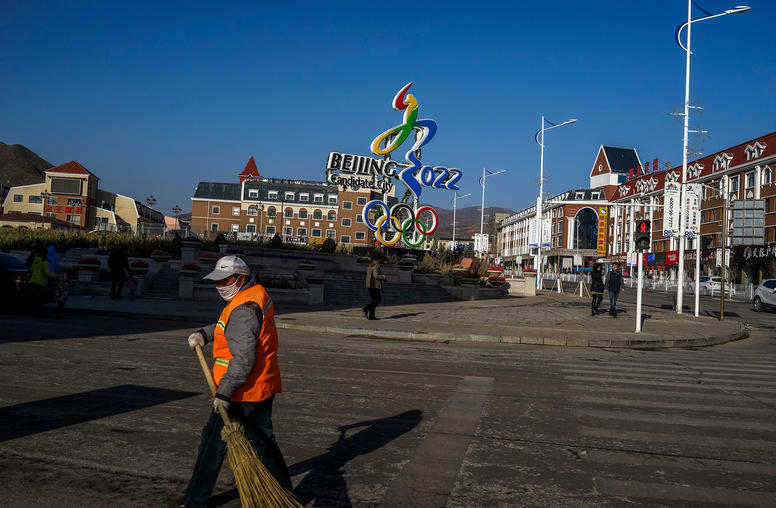
U.S. Diplomatic Boycott of Beijing Olympics: No Longer 'Business as Usual'
On Monday the Biden administration announced it would not send an official United States delegation to the Beijing Winter Olympic Games as a statement against China's "ongoing genocide and crimes against humanity in Xinjiang," as well as other human rights abuses such as in Hong Kong. U.S. athletes will still be allowed to compete in the Games, which start in February. USIP’s Lauren Baillie, Mirna Galic and Rachel Vandenbrink discuss the rationale behind the decision, how the boycott fits into the U.S. strategy surrounding the Uyghur crisis and how China and U.S. allies are responding.
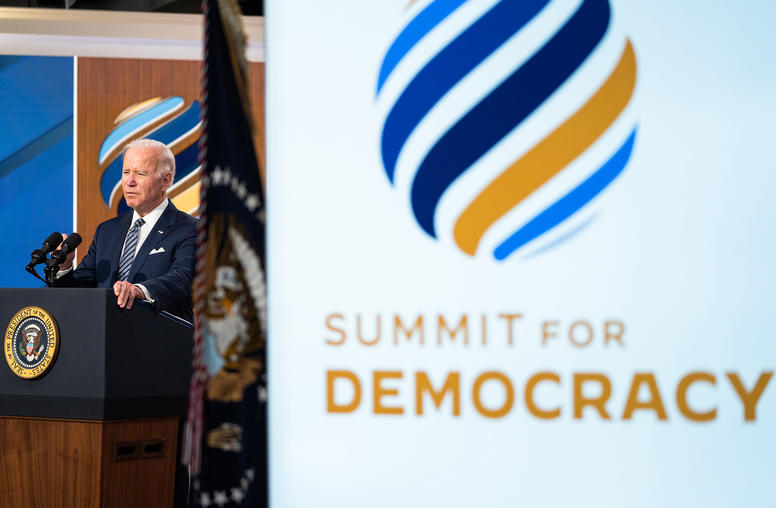
How to Deliver for Citizens in Fragile States After the Democracy Summit
Last week’s Summit for Democracy hosted by President Biden was a call to action. The first-ever international convening of its kind, it offered democratic leaders an opportunity to announce political commitments to reform over the coming year, and to begin to share experiences and learn from each other in a more deliberate way than has been the case to date. Given the unprecedented threats facing democratic systems worldwide, it was an important and timely step. What is less clear is what the summit entails for a particular subset of aspiring democracies: countries currently or recently affected by civil war that are transitioning to democracy.
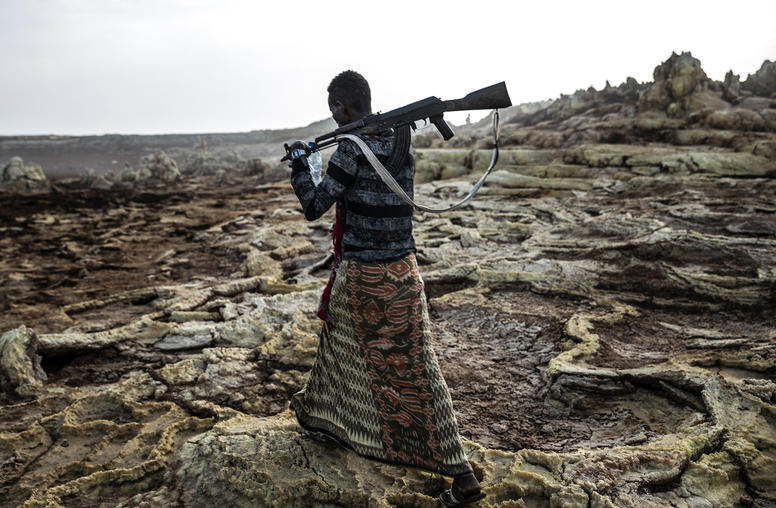
Despite High Stakes in Ethiopia, China Sits on the Sidelines of Peace Efforts
Since November of 2020, Ethiopia has been suffering from a deadly internal conflict that has claimed an estimated 50,000 lives and displaced over two million. The United States, the African Union and others in the region have attempted to secure a cease-fire between the federal government and the Tigray People’s Liberation Front (TPLF) but have made little headway. In contrast, China has remained mainly on the sidelines of peacebuilding efforts even though Ethiopia — the second most populous country in Africa — is a centerpiece of its Africa policy.
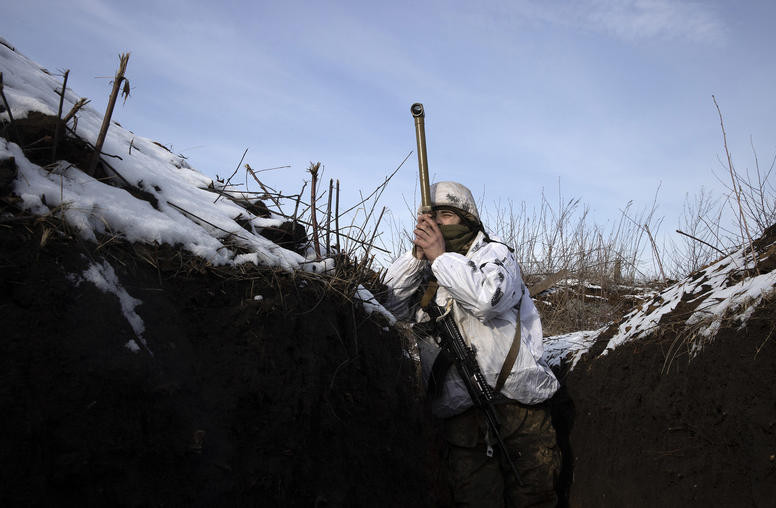
After U.S.-Russia Talks, Risk of War in Ukraine Still High
The risk of a new Russian invasion of Ukraine remains high after today’s meeting in Geneva between Secretary of State Antony Blinken and Russian Foreign Minister Sergei Lavrov. The United States delivered its warning, with European allies, of what Blinken called a “swift, severe and a united response” if the Russian troops massed at Ukraine’s border should attack. But the outcome offered at least a hope of avoiding war as Blinken agreed to offer a set of “written comments” to Russia next week on its demand for “security guarantees” that include barring Ukraine from ever joining NATO — a demand that Ukraine, NATO and the United States reject.
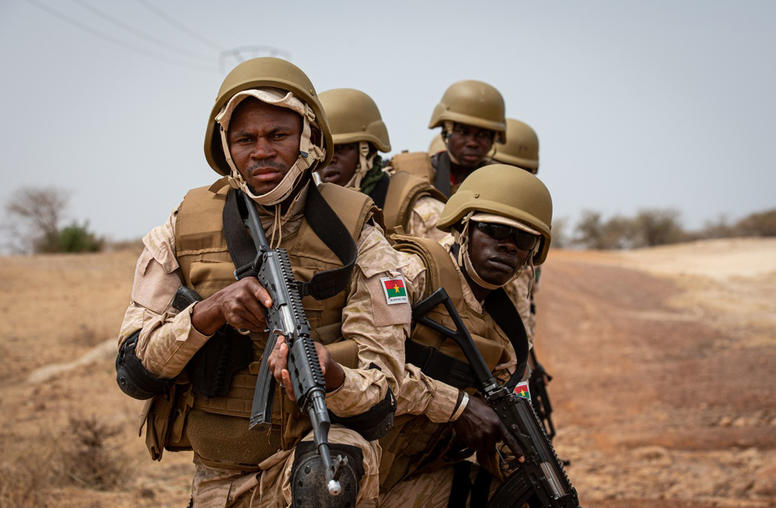
Countering Coups: How to Prevent Armed Seizures of Power
Armies have seized power in five states of the greater Sahel over nine months, cementing this African region as the most pronounced center of a global crisis. The Sahel’s military coups d’état are an acute symptom of poor and authoritarian governance that is breeding extremism and transnational criminality, igniting violence and undermining efforts to build democracies. These crises highlight widening security risks for the Sahel’s 135 million people and ultimately for Europe and the United States. Congress has begun urgently needed policy changes that analysts say should now be accelerated to prevent further coups and to buttress stability and democracy.
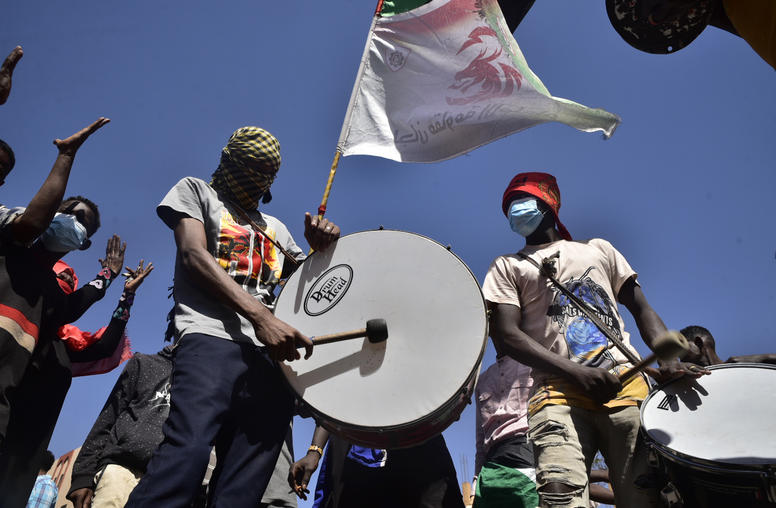
Countering Coups: How to Help Rebuild Democratic Rule
The past year’s surge in coups around Africa’s greater Sahel region highlights the need for the United States, other democracies and African governments to improve past practices that often have been ineffective in preventing armed seizures of power and in reversing them when they occur. Many Sahel countries have suffered repeated coups—a warning that we need to strengthen the ways that we shape our efforts at restoring democracy. USIP experts suggest that these transitions must become periods for broad, national dialogues to set agendas for change that can make strengthen democracy and interrupt cycles of failed governance.

Ukraine: Putin Chooses His ‘Forever War’
Russian President Vladimir Putin’s massive, unprovoked invasion of Ukraine has received the immediate response promised by the United States and allied democracies: economic sanctions and solid support for Ukraine’s self-defense. While deterrence failed to divert Putin from war, its escalation remains a vital tool for the community of democracies to support Ukraine. The choice continues to be Putin’s—to stand down or to dive into an abyss of Europe’s most destructive war in eight decades.